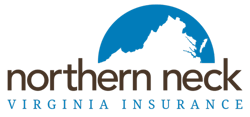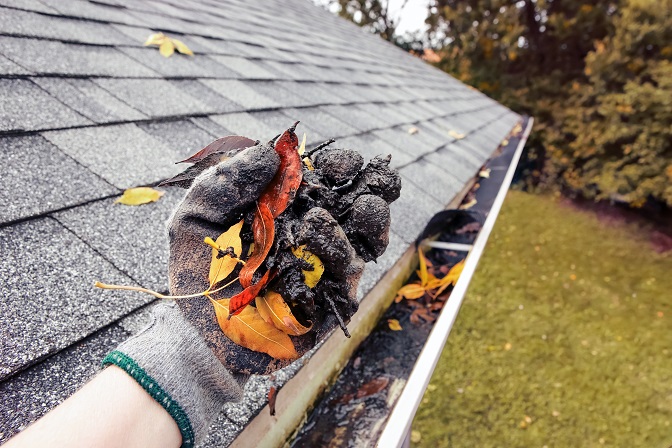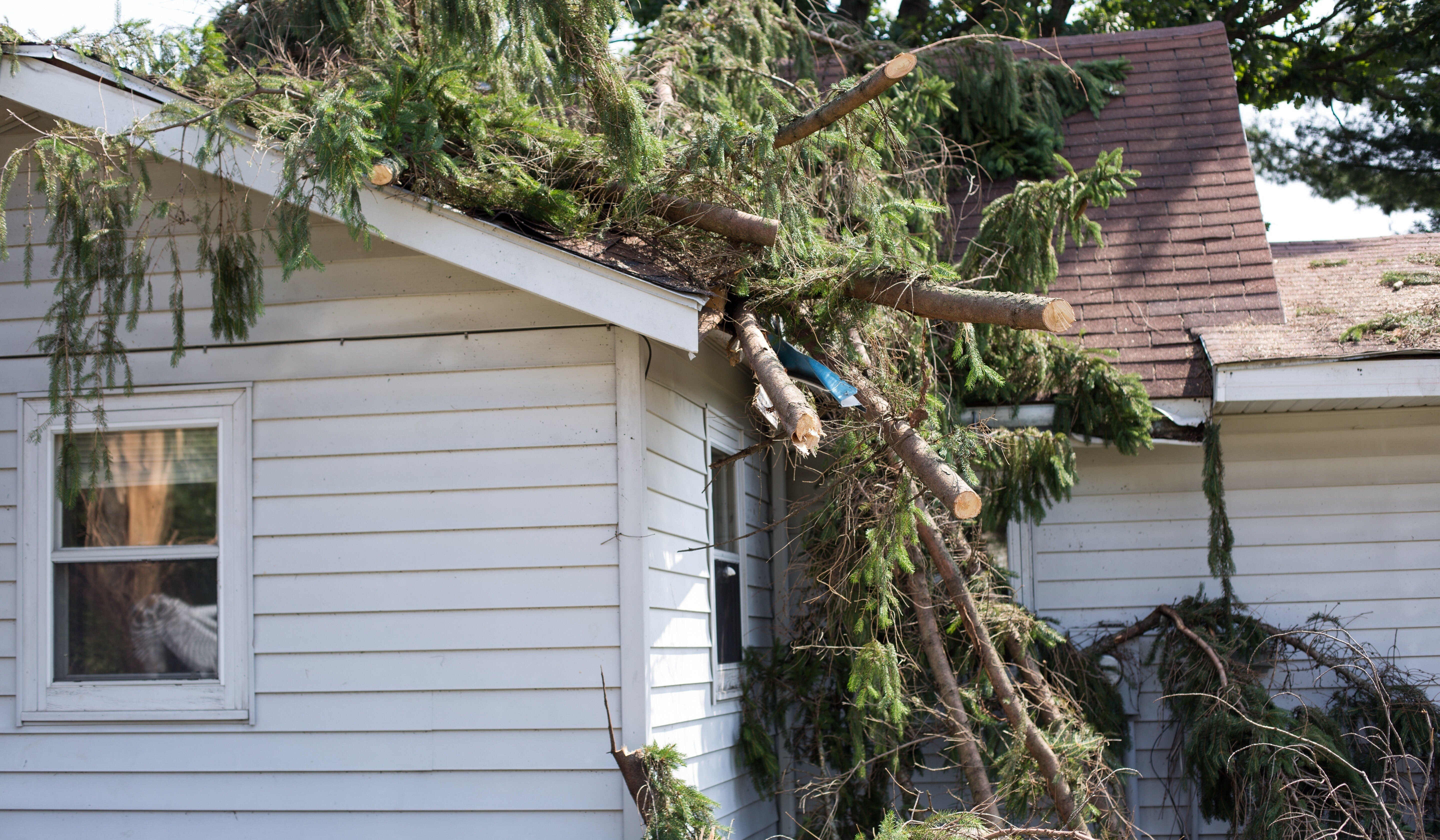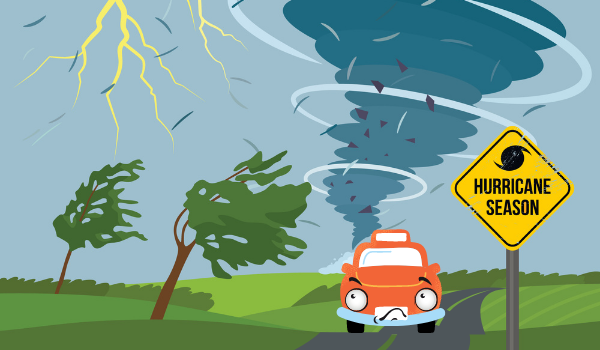
We pledge to provide straight talk from our NNINS Virginia insurance experts. Read the Northern Neck Insurance Integrity Promise.
It's essential to prepare your home for a hurricane, but don't forget about your car. It's most likely your second most valuable asset. We'll help you cover the bases before the next big storm or hurricane hits Virginia.
How to prepare your car
Have an emergency car kit
Hurricanes can knock out power for days, affecting the ability to purchase gas and supplies and charge your devices. It's a good idea to fill up your gas tank and even a spare can. Also, charge your car's battery if it's electric and have some cash on hand. Have a good car emergency kit with a first aid kit, blanket, flares or triangle reflectors, jumper cables, a flashlight, extra batteries, an extra phone charging cable, water, and some protein bars or other healthy nonperishable snacks.
Keep your car's maintenance up-to-date
Hurricanes historically bring a lot of rain. When was the last time you changed your wiper blades? If they leave streaks or make noise, it's time for new ones. While you're at it, check the air pressure in your tires. There are a few other things you can do to get your car ready in case you need to evacuate.
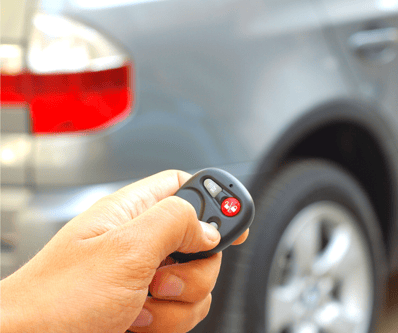
Be smart about where you park your car before a hurricane
If possible, park your car in a garage. Remember that garage doors are the weakest link in most homes during severe weather with high winds. Back in for an easy exit if needed, and consider moving items on shelves that could fall and cause damage to your car.
If you don't have a garage or your garage is prone to flooding, move your car to higher ground and park away from large trees and utility poles. Park next to a sturdy building if possible. Before you leave, double-check to ensure your windows and sunroof are completely closed, and take valuable items and important paperwork, like your car registration, with you.

Check if your car insurance covers hurricane damage
It's good to know you're financially protected by your car insurance in case your car does suffer hurricane damage. Comprehensive car insurance covers wind, hail, falling objects, and damage if your car floods. Check with your agent to make sure you have adequate coverage. It's optional coverage and separate from the collision and liability insurance required by Virginia.
Don’t have car insurance yet? You’re in the right place! Check out our car insurance offerings and connect with a local agent today.
Take pictures in case of an insurance claim
We recommend snapping a few pictures of the outside and inside of your car before the storm hits. It's beneficial in the event of a claim. Then, take photos again if there is any damage to your car before you clean it up and file an insurance claim. And check out our severe weather home and car claim FAQs!
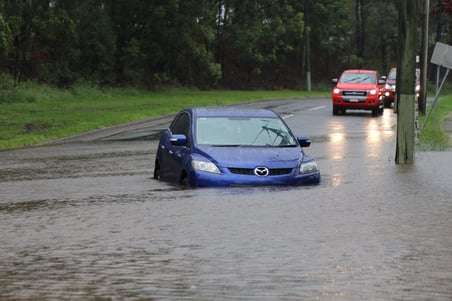
Driving during and after a hurricane
Driving in heavy rain can be dangerous. Driving in a hurricane is very dangerous! The most important thing to remember is to avoid driving through flooded roadways after a hurricane or heavy rainfall. Flooded roadways may not look deep, but taking the chance can be life-threatening and damaging to your vehicle. Avoid downed power lines. It's best to stay home as much as possible unless instructed by authorities to evacuate.
Getting your home and car ready for a hurricane may help prevent costly damage and give you peace of mind. Our Hurricane Preparedness Guide can help prepare your family for a hurricane with trustworthy resources just for Virginia communities.
Have questions about car insurance in Virginia? Learn more about how we can keep you and your family protected.
Learn more about car insurance in Virginia
THE NORTHERN NECK INSURANCE INTEGRITY PROMISE — We pledge to provide straight talk and good counsel from our NNINS Virginia insurance experts through our blog. While we hope you find this to be a helpful source of information, it does not replace the guidance of a licensed insurance professional, nor does it modify the terms of your Northern Neck Insurance policy in any way. All insurance products are governed by the terms in the applicable insurance policy.
